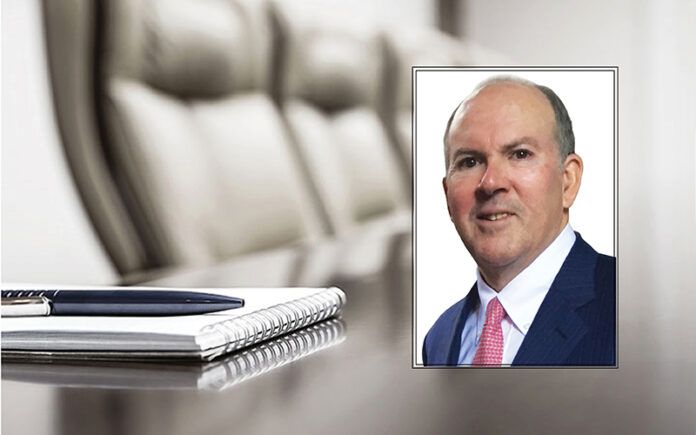For my wife, Caro, and me, Thanksgiving is our favorite holiday, an unpretentious celebration of good feeling, good fellowship and good food, without ceremony, gifts or spectacle. For 35 years I have given a Thanksgiving address for family and friends who assemble at our home to celebrate America's secular holiday. Each year my address focuses on a theme, which can be informative, instructive and hopefully inspirational. Last year I spoke about friendship. The year before, my topic was gratitude. This year my address focused on heroes: What are they? Who are they? Why are they needed?
Heroes fill us with respect, admiration and awe, and thus are celebrated, extolled and revered. They persevere despite great odds and significant costs and overcome challenges and obstacles to do great things for the greater good. In so doing, they display courage, self-sacrifice and morality. Heroes are role models who inspire us to do more, reach higher and act better; expanding our notion of what is possible. Heroic qualities include compassion, ingenuity and, most of all, courage to take a stand and make a difference.
Our ideals are largely defined by the heroes we choose, and ideals like courage, decency, fairness and justice largely define who we are as individuals. Heroes inspire us to do the right thing, moving us beyond self-interest toward advancing public well-being. Our heroes embody the qualities we would like to possess and the ambitions we would like to satisfy. A person who selects Ruth Bader Ginsburg as a hero is going to have a different notion of what defines greatness than someone who chooses Kim Kardashian.
In my Thanksgiving address I asked, “Whom would you place on your personal Mount Rushmore?” When I polled my friends and associates, I got a wide range of responses. Typically included were two presidents already on the monument, namely Washington and Lincoln. Often mentioned were Benjamin Franklin, Frederick Douglass, Eleanor Roosevelt, Jonas Salk, Michelle Obama, Martin Luther King, Jr., John Glenn and Muhammad Ali. Some identified their parents. A few mentioned businessmen — notably Bill Gates, Jamie Dimon and Steve Jobs.
As a nation, we need heroes who can provide a common conception of what America stands for, and who can create a collective history and a shared memory. Today our nation is being stripped of its heroes. Some once-exalted heroes, like Woodrow Wilson, have literally been knocked off their pedestals, and there are convincing arguments for their relegations. For others, such as Thomas Jefferson and Theodore Roosevelt, the arguments for the removal of their statues are more contentious and less compelling.
We should celebrate the heroes who have helped shape our nation, including those who historically have gone unnoticed. By recognizing their achievements, along with their shortcomings, we gain a collective understanding and a shared appreciation of the origins of our nation's enduring ideals, values and principles.
By the nature of the services they provide, some professions breed heroes, notably the armed services, firefighters, police officers, first responders, medical workers and ordained clergy. They are everyday heroes whose heroic acts usually go unheralded. These unsung heroes have devoted their lives to solving community problems, and their efforts are making a difference. They do the right things at great personal risk even when the world isn't watching.
Is business management one of these professions? Against great odds and significant costs, top management, in conjunction with their boards of directors, can overcome challenges and obstacles and do great things for the greater good. Their embrace of ESG initiatives evidences their commitment to addressing critical societal issues such as environmental sustainability, social justice, and racial and gender equality.
The 2021 Edelman Trust Barometer shows that employers in general, and their chief executives in specific, are trusted by their employees. The study found that employees have “high trust” in their corporate CEOs, much higher than that afforded to leaders of other institutions such as media, government and NGOs.
Top executives and their boards of directors should continually strive to maintain the trust and respect of their multiple constituencies by clearly and consistently demonstrating compassion, ingenuity and courage, the hallmarks of heroism. Although not perched on Mount Rushmore, they can be everyday heroes who are role models embodying these heroic qualities.



